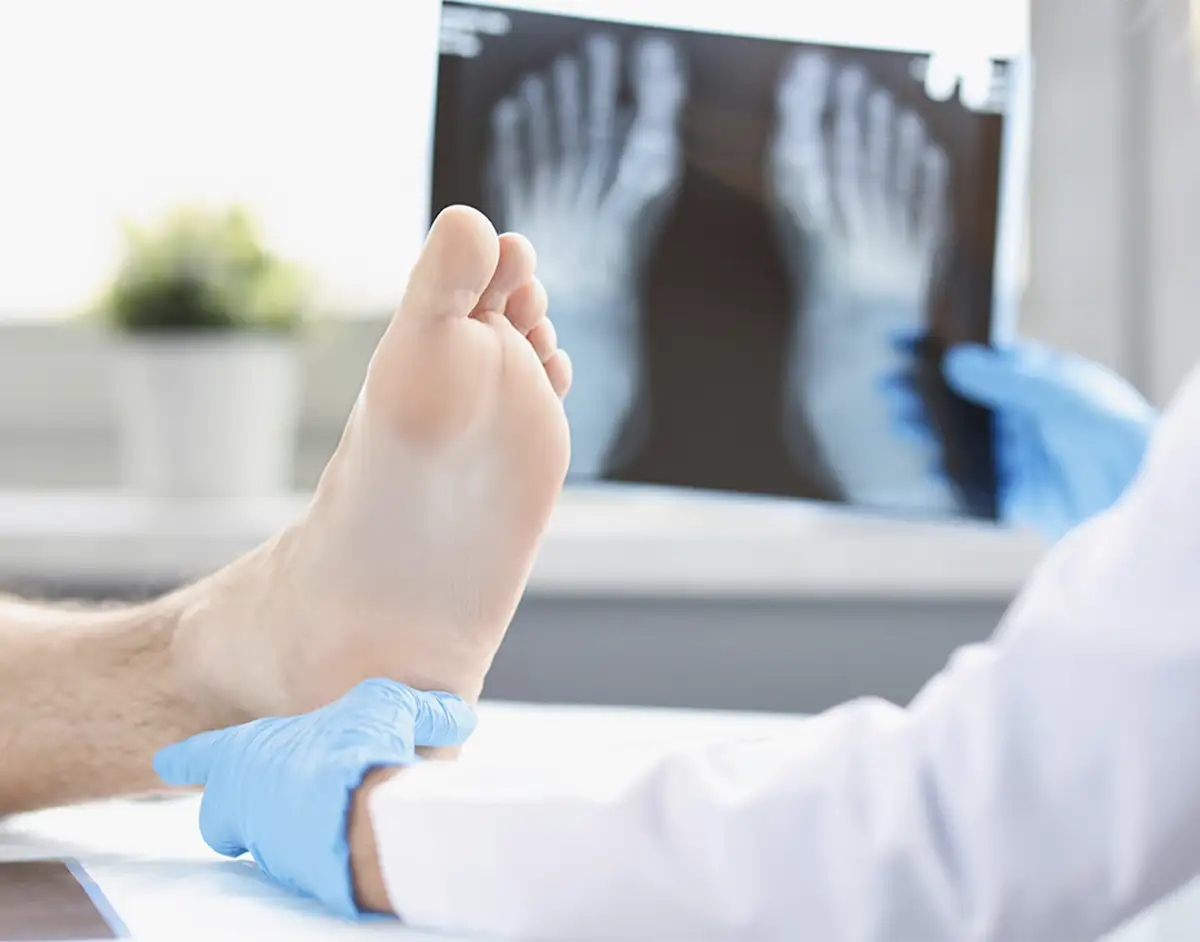Oral Biopsies & Procedures
If you have a lump, lesion, or unexplained and persistent change affecting your tongue, soft tissues or other area of your mouth, an oral biopsy can help. Trust our specialists to provide safe and simple biopsy procedures to reassure you and begin any necessary treatment. Book your consultation today.
QUICK LINKS
Why have an oral biopsy?
Gives you peace of mind and reassurance.
Accurate diagnosis of a variety of mouth conditions.
Distinguish between benign growths and more serious lesions.
Helps determine the best specialist treatment for you.
Simple, safe and relatively quick procedure.

What is an oral biopsy?
An oral biopsy is a surgical procedure to remove a small sample of tissue from your mouth. This is then examined closely under a microscope to identify the cause of a lump or lesion, and make an accurate diagnosis. Oral biopsies are minimally invasive, safe, and usually a quick procedure. We use local anaesthetic to ensure you remain comfortable throughout.
Our specialists are highly skilled in performing all types of oral biopsy, and can use the results to form the most effective treatment plan for you, if necessary. In some cases, an incisional biopsy is used, removing a small piece of the abnormal area in your mouth for detailed analysis. We can also use an excisional biopsy to completely remove a small lump or swelling.
Frequently asked questions
Consultation
At your initial consultation, we assess the area of concern in your mouth and determine that an oral biopsy is the best course of action. We discuss the procedure with you and give you the chance to ask us any questions.
Biopsy procedure
On the day of your biopsy, we welcome you and make sure you are feeling relaxed. We use local anaesthetic to numb the affected area and minimise your discomfort. Using a variety of specialist tools, we remove a small sample of tissue or the complete small lump.
Healing
In some cases, stitches will be needed to close the small hole left by the biopsy procedure. These are dissolvable and will break down on their own over time. You may experience some swelling or discomfort in your mouth after your biopsy, but this is temporary and will fade.
Results
Once your tissue sample has been examined, we inform you of the results. In many cases, no further treatment is needed. If necessary, however, we make an accurate diagnosis and plan the next stages of treatment to get you to full oral health.
The oral biopsy procedure itself typically takes only a few minutes. However, the entire appointment, including consultation, preparation, and numbing the area, may last up to 30 minutes.
After your oral biopsy, the tissue sample will be sent to a laboratory for examination by a pathologist. Once your results are available, we discuss these with you, and go through your next steps, if applicable.
We use local anaesthetic to numb the affected area of your mouth before the oral biopsy, minimising your discomfort throughout. You may experience some mild pain or swelling after the procedure, but this can be managed with painkillers as advised by your clinician.
If your oral biopsy reveals cancer, your dentist or oral surgeon will discuss the next steps with you, which may involve further tests to determine the stage of the cancer and develop a treatment plan.
An oral biopsy is a safe and simple procedure which carries minimal risks. There may be some bleeding during the biopsy, but this typically stops quickly and can usually be managed at home if rebleeding occurs. Before your oral biopsy, we discuss the potential risks with you and make sure you are happy to proceed.






